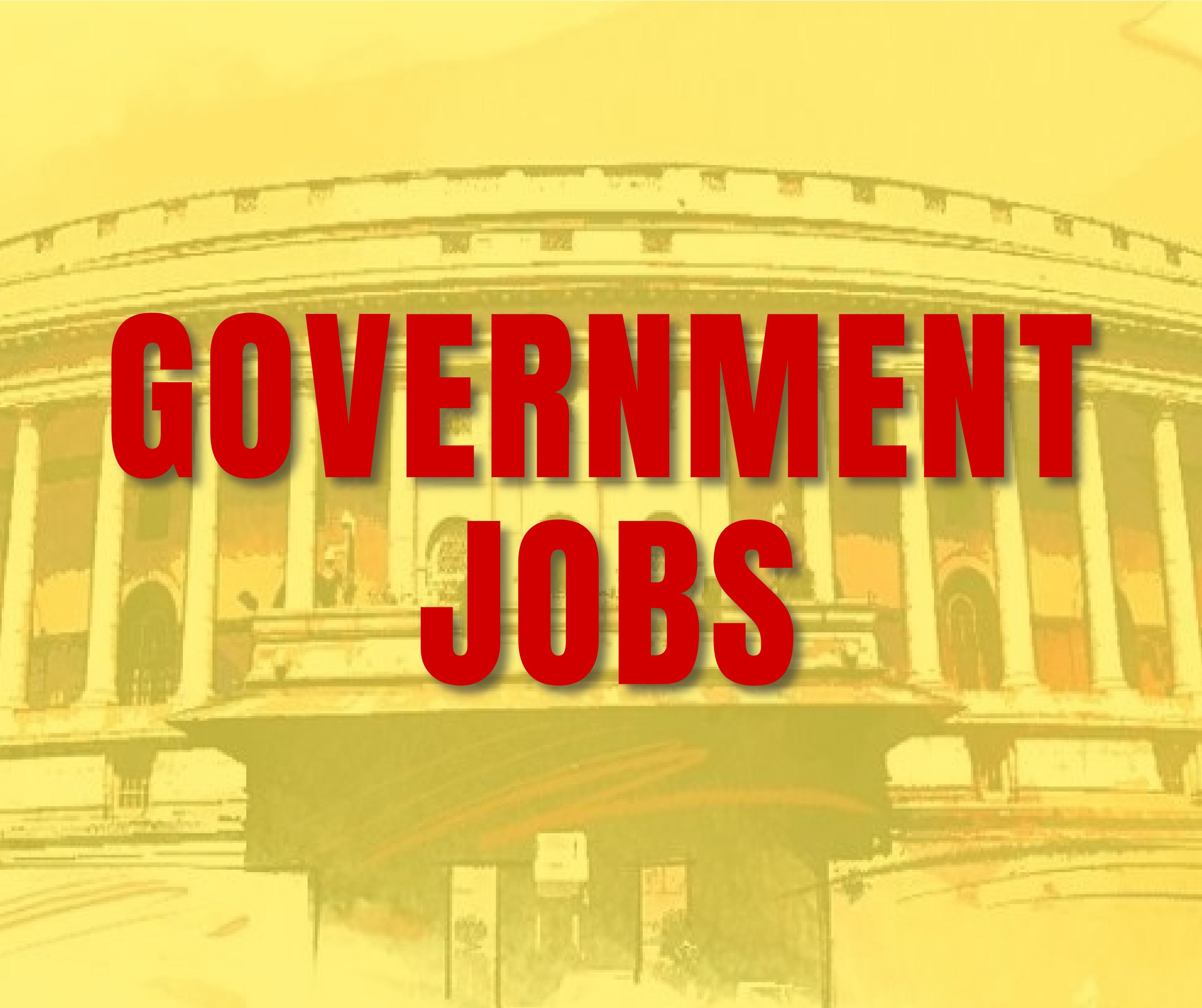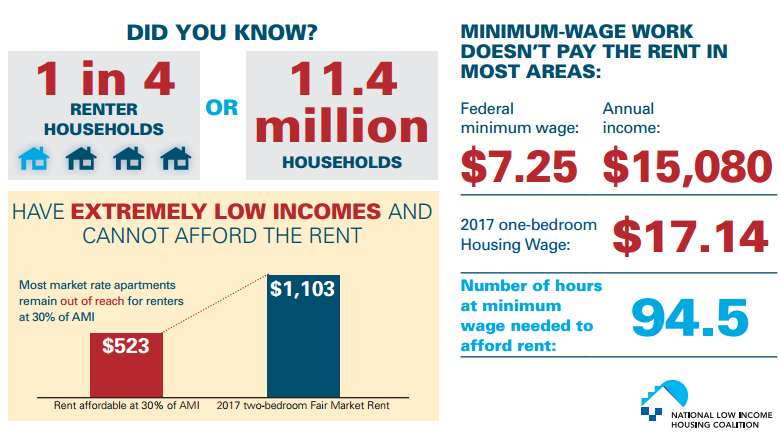
Can You Work 2 Government Jobs at the Same Time?
In today’s rapidly evolving job market, many individuals find themselves exploring multiple employment opportunities to supplement their income or advance their careers. One area that often raises questions is the possibility of holding two government jobs simultaneously. To provide a comprehensive understanding, this article will delve into the regulations and considerations regarding working two government jobs.
The ability to hold multiple government positions depends on several factors, including the specific agencies involved, the nature of the jobs, and any applicable laws or regulations. Let’s explore these factors in more detail.
Dual Employment Regulations
Executive and Legislative Branches
In the executive and legislative branches of the federal government, the Dual Employment Act of 1984 prohibits individuals from holding more than one full-time position. However, there are some exceptions to this rule. For instance, an individual may work in two part-time roles with a combined total of no more than 40 hours per week.
Furthermore, certain positions, such as those involving national security or intelligence operations, may be exempt from the Dual Employment Act. It’s essential to check with the relevant agencies to determine specific regulations for the positions you’re considering.
Judicial Branch
In the judicial branch of the federal government, employees are generally allowed to hold multiple jobs as long as the positions are not incompatible with each other. However, judges are prohibited from engaging in outside employment that may conflict with their judicial duties.
State and Local Government
Regulations governing dual employment in state and local governments vary widely. Some jurisdictions have laws similar to the federal Dual Employment Act, while others may have more flexible policies. It’s crucial to consult with the relevant human resources department or legal counsel to determine the specific rules applicable to your situation.
Considerations for Working Two Government Jobs
Apart from legal regulations, there are several practical considerations to factor when contemplating working two government jobs:
- Workload and Time Management: Balancing the responsibilities and time commitments of two government jobs can be challenging. It’s essential to carefully assess your workload and time management skills.
- Conflict of Interest: Potential conflicts of interest must be carefully considered. For example, it may be inappropriate to hold two positions in agencies that have overlapping or competing jurisdictions.
- Ethics and Integrity: Government employees are expected to maintain high ethical standards and avoid any conduct that may undermine public trust. When considering two government jobs, it’s crucial to ensure that the positions do not compromise personal or professional integrity.
- Benefits and Compensation: Working two government jobs may affect benefits and compensation. For instance, federal employees are subject to a maximum annual salary limit, regardless of the number of positions held.
Tips for Navigating Dual Employment
If you’re considering working two government jobs, consider these tips:
- Thoroughly Research: Familiarize yourself with the applicable laws and regulations for both positions and jurisdictions.
- Seek Guidance: Consult with supervisors, human resources departments, or legal counsel to clarify any uncertainties or concerns.
- Prioritize Openness and Transparency: Communicate clearly with both employers about your dual employment status to avoid any misunderstandings or conflicts.
- Manage Time Effectively: Establish a well-organized schedule and prioritize responsibilities to ensure you can fulfill the requirements of both positions.
- Maintain Integrity: Uphold the highest ethical standards and avoid any conduct that could compromise public trust or the reputation of the government.
FAQs on Dual Government Employment
- Can I work in two different agencies within the same government branch?
It depends on the specific agencies and positions involved. Consult with the relevant human resources departments for clarification. - Are there any exceptions to the Dual Employment Act?
Yes, part-time roles with a combined total of no more than 40 hours per week may be exempt. - Can I hold two government jobs in different states?
The regulations governing dual employment in state and local governments vary. It’s essential to check with the relevant authorities in each jurisdiction. - What are the consequences of violating dual employment regulations?
Violations may result in disciplinary action, up to and including dismissal from government service.
Conclusion
Working two government jobs simultaneously requires careful consideration of legal regulations, practicalities, and ethical implications. While the possibility of holding multiple positions exists, it’s crucial to research thoroughly, seek guidance, manage time effectively, and maintain the highest standards of integrity. By adhering to these principles, individuals can navigate dual government employment successfully while contributing to the efficient functioning of the public sector.
Are You Interested in Exploring Dual Government Employment?
If you’re considering working two government jobs, remember to prioritize research, consult with relevant authorities, and prioritize ethical conduct. With careful planning and consideration, dual employment can be a viable option for those seeking to enhance their careers and contribute to the government in multiple capacities.

Image: latestgovtjobs.in

Image: www.forsythunitedway.org
USA Federal Government Employment Jobs | Part/Full Time Current Latest … Aug 2, 2022In limited situations, employees can hold more than one federal job. An individual may have more than one federal appointment, but may receive pay from more than one civilian job when the jobs